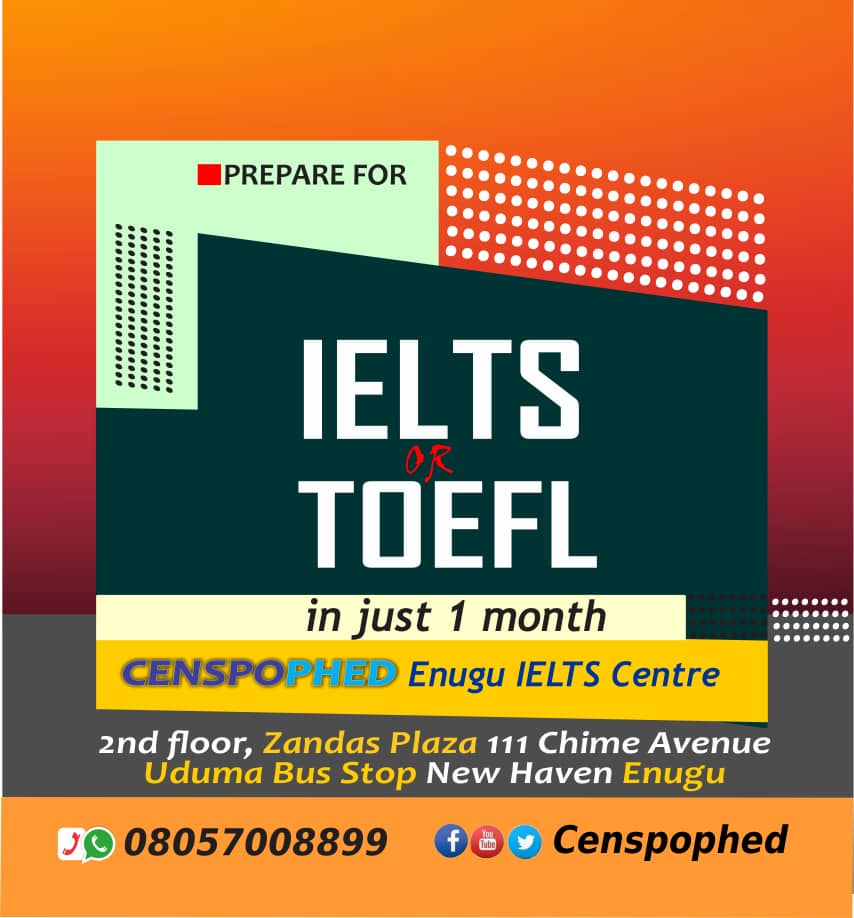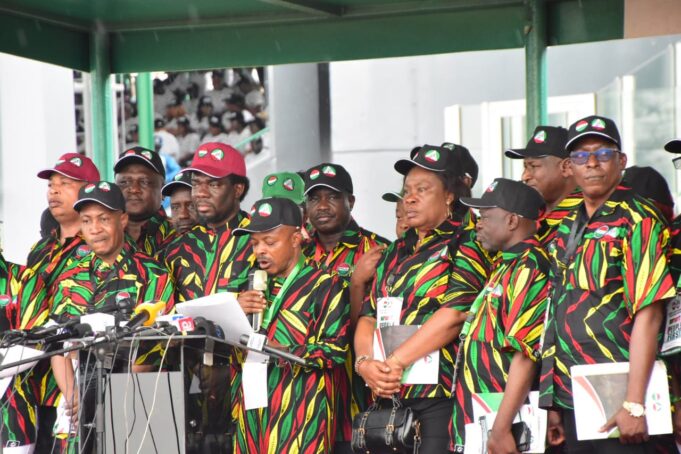The Tripartite Committee on the new minimum wage will resume negotiations today, with the Federal Government extending an invitation to the Organised Labour.
The invitation was confirmed in a letter signed by the committee’s Secretary, Ekpo Nta, addressed to the Presidents of the Trade Union Congress (TUC) and the Nigeria Labour Congress (NLC).
 Advertorial
Advertorial
This upcoming session marks the seventh meeting of the committee, which has been grappling with reaching a consensus on the new minimum wage.
The previous meeting ended in a deadlock, as Organised Labour rejected the Federal Government’s proposal of ₦60,000.
Initially, the labour unions had demanded a minimum wage of ₦615,000, which they later reduced to ₦494,000. This adjustment still significantly exceeds the Federal Government’s offer.
 Advertorial
Advertorial
The Organised Private Sector had earlier proposed ₦48,000 and ₦54,000, both of which were also rejected by the labour unions.
During Tuesday’s meeting, TUC leader Festus Osifo emphasized that the Federal Government’s offer of ₦60,000 did not align with the prevailing economic conditions.
With Nigeria’s inflation rate at 33.69% as of April 2024, based on data from the National Bureau of Statistics (NBS), Osifo declared the offer unacceptable.

“We completely reject it. The government needs to provide a realistic breakdown of how a family can subsist on a ₦60,000 minimum wage,” he asserted.
Labour unions have maintained an ultimatum until May 31st to resolve the matter.
The NLC President, Joe Ajaero, criticized the government’s proposals as inadequate.
“The current ₦30,000 minimum wage does not meet the needs of the average Nigerian worker, and many governors are not even paying this amount,” Ajaero noted, highlighting that the existing wage agreement expired in April 2024.

Since taking office, President Bola Tinubu has implemented several reforms, including the removal of fuel subsidies and the floating of the naira.
However, Osifo has accused the administration of inconsistent policies and lacking thorough consideration.
“We rate them 2.5 out of 10, which is 25%,” the TUC leader remarked.
The labour unions argue that the current economic environment has severely impacted workers, creating a disparity between the economy of the elite and that of the workers.

Ajaero emphasized the need to harmonize these economic realities to achieve a fair meeting point.
As the negotiations continue, the Tripartite Committee will seek to bridge the gap between the demands of the labour unions and the proposals from the Federal Government and the private sector, aiming to establish a sustainable minimum wage for Nigerian workers.

















